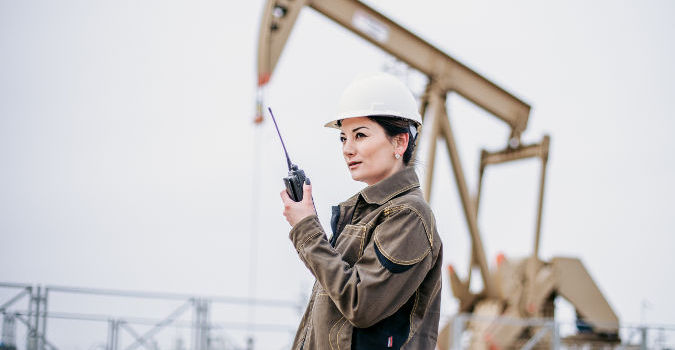Economic Empowerment of Women

Kazakhstan has a long-standing policy of legislative support to women. The first Central Asian country to set up a national entity to promote gender equality, Kazakhstan approved in 2016 the Concept of Family and Gender Policy up to 2030, to prevent gender-based discrimination and imbalances.
Kazakhstan has ratified major international treaties, including the UN Convention on Elimination of all Forms of Discrimination Against Women (CEDAW), the Beijing Declaration and Platform for Action, six International Labour Organisation (ILO) conventions and the 2030 Agenda for Sustainable Development.
Persistent gender imbalances remain, however, particularly in wages and access to employment and career opportunities. Wage gaps are common: In 2016, women in Kazakhstan earned on average 31.4 per cent less than men[1].
Investing in women’s economic empowerment leads to greater equality, poverty reduction and economic growth for all. Women make enormous economic contributions to businesses, on farms, as entrepreneurs or employees, or by doing unpaid work at home.
UN Women Kazakhstan supports:
- Government efforts to develop and implement national and sectoral programmes to engage socially vulnerable women in entrepreneurial activities
- Initiatives to improve the public and business environment for socially vulnerable women.
UN Women in Action in Kazakhstan
- Built civil servants’ capacity to achieve gender equality and women’s empowerment by implementing programmes, training, and running information and advocacy campaigns;
- Provided expert technical support for gender analysis of state programmes;
- Promoted gender equality and women’s empowerment in UN agencies in Kazakhstan;
- Worked with Kazakh businesses to promote the Women’s Empowerment Principles (WEPs);
- Promoted best international gender equality and women’s empowerment practices at global events like Expo 2017 Astana and at the high-profile regional dialogue planforms, like the Astana Economic Forum, Forum of Mayors of the Silk Road, and Eurasian Media Forum.
- Supported activists and civil society organizations to raise public awareness about gender equality and women’s empowerment and ending violence against women;
- Worked in remote and rural areas with women from socially vulnerable groups.
The 2017 UN Women Kazakhstan Study of the national labour market to identify barriers for entrepreneurship opportunities for women from social vulnerable groups found that high interest rates and unfavourable lending practices prevented socially excluded women from becoming entrepreneurs; with 28.1 per cent of respondents calling for special state support to women entrepreneurs.
Implemented by the joint UN Women and Ministry of National Economy project Assistance to the achievement of the goals of sustainable development and the implementation of commitments in promoting equality in Kazakhstan, the study surveyed unemployed rural women, women with HIV or disabilities, single mothers, mothers of several children, domestic violence victims and internal migrants.
After discussions with civil society, financial and business groups, UN Women sent recommendations to the Government to promote equal access and opportunities for women entrepreneurs.
[1] Ministry of National Economy of Kazakhstan. Committee on Statistics. Women and Men of Kazakhstan 2012-2016, Astana, 2017